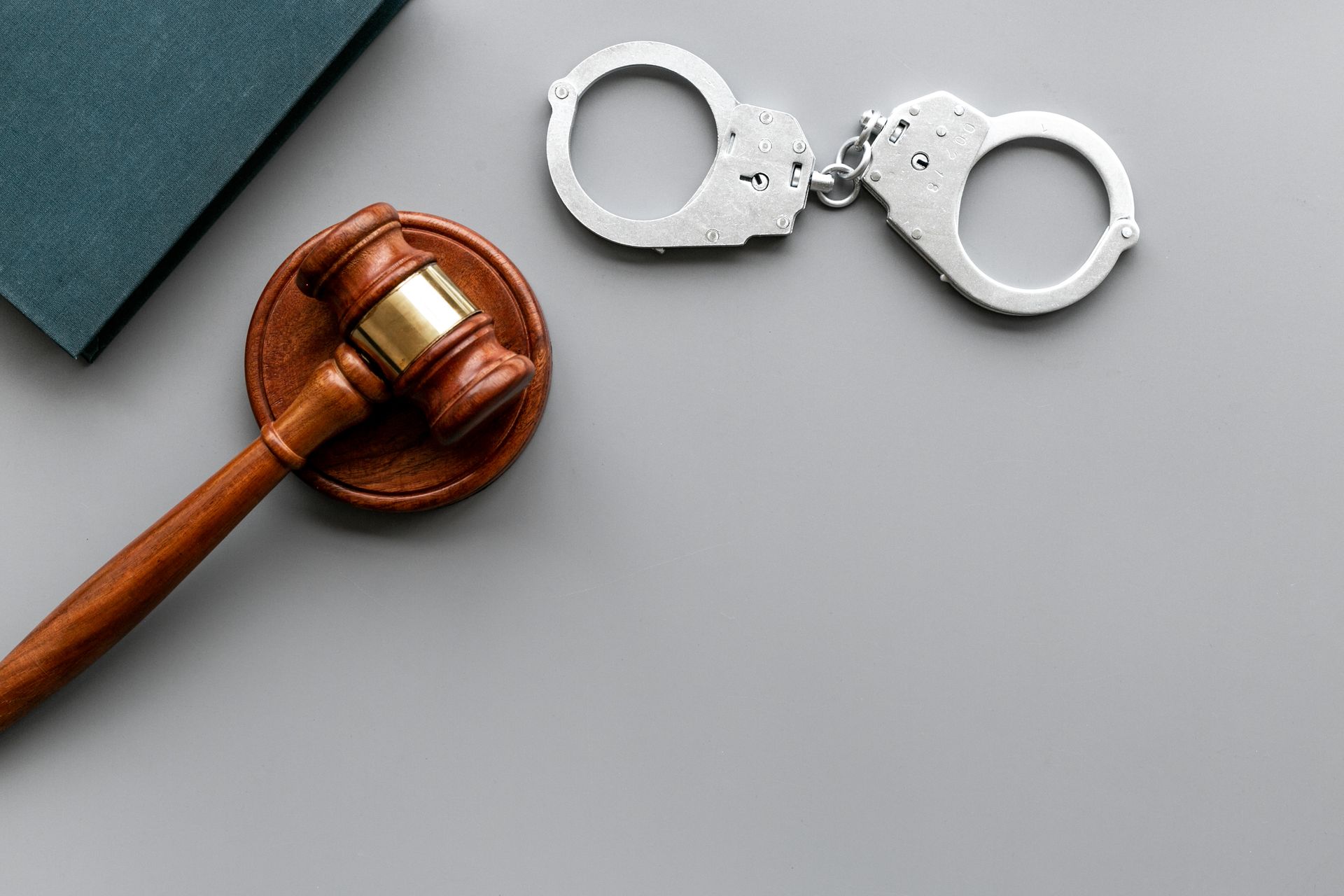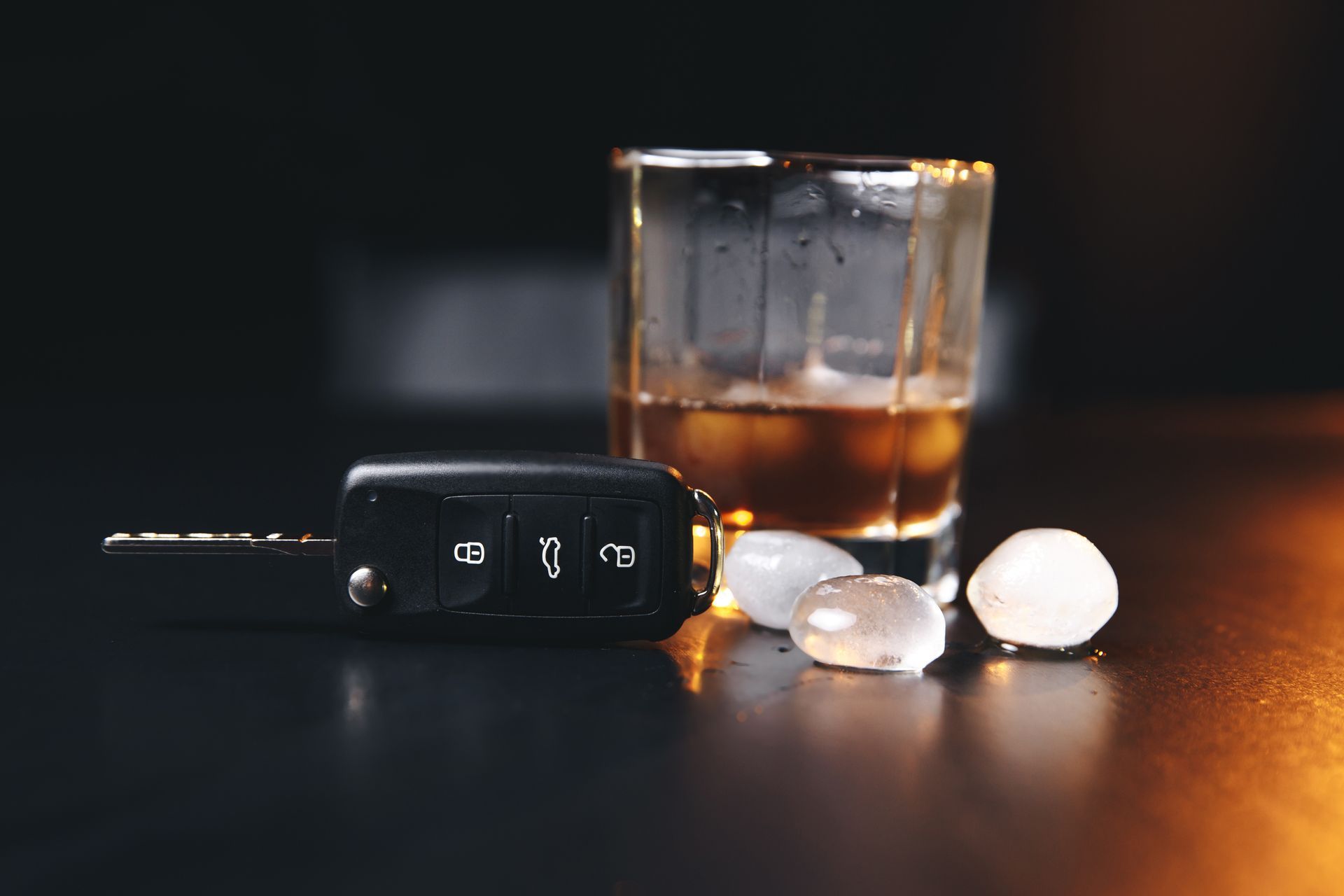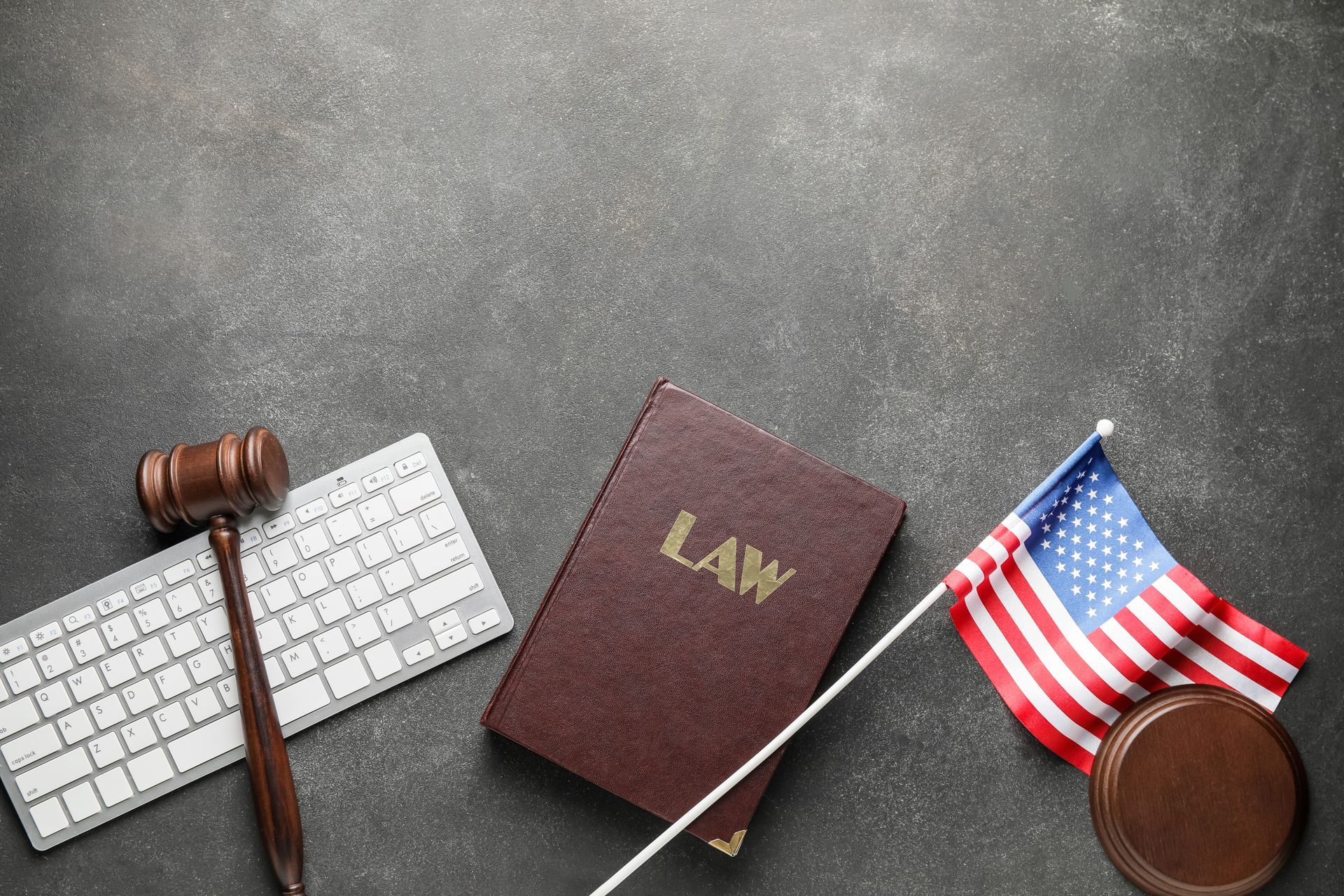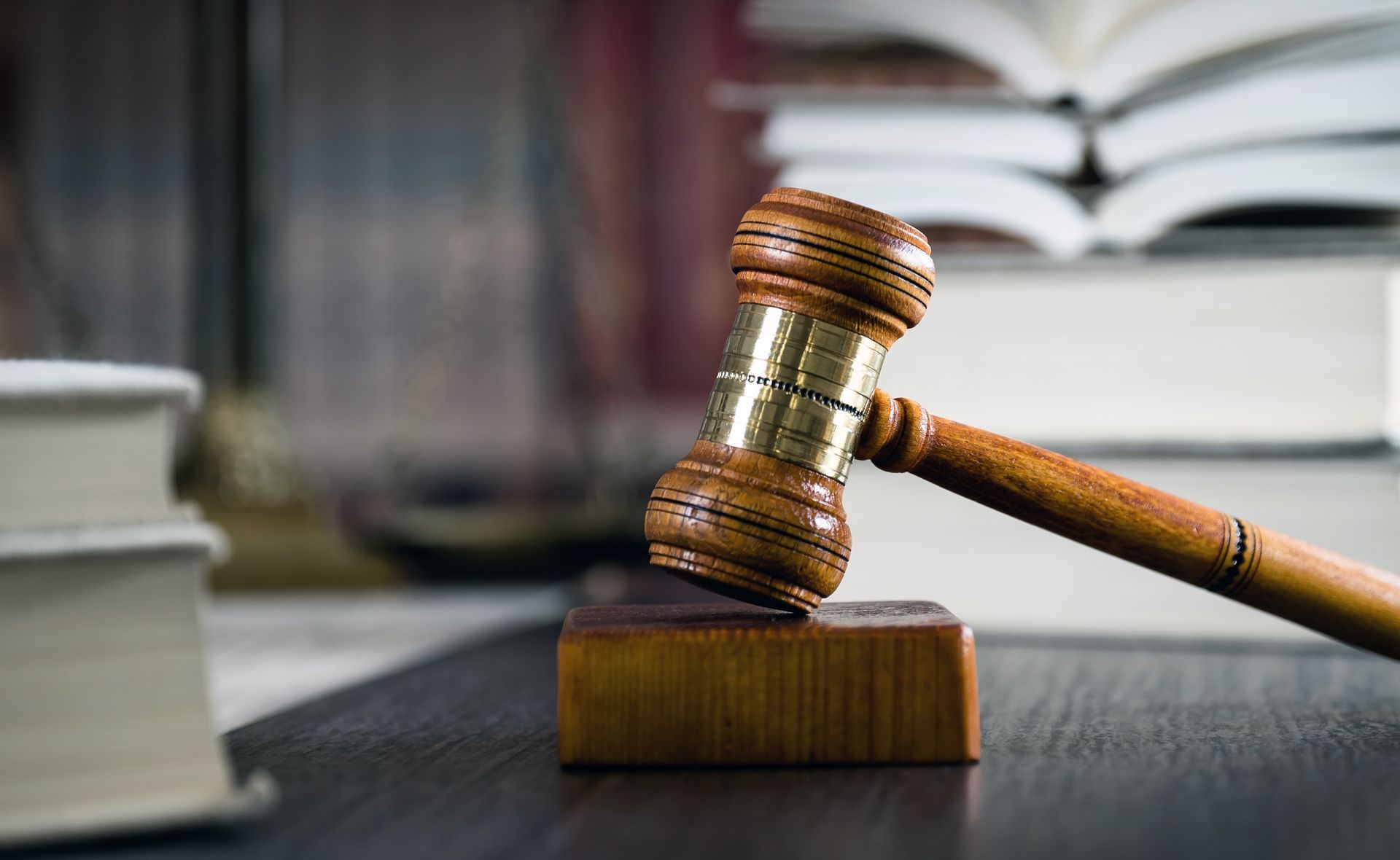Facing False Accusations of Domestic Violence in Savannah, Georgia: What You Need to Know
Facing False Accusations of Domestic Violence in Savannah, Georgia: What You Need to Know
False accusations of domestic violence can turn your life upside down. If you live in Savannah, Georgia, and find yourself in this situation, you need to understand the legal landscape and your options for defense. The consequences of these allegations can be severe, affecting not just your legal standing but your relationships, reputation, and even your career. Here’s what you need to know.
Understanding Georgia’s Domestic Violence Laws
In Georgia, domestic violence charges can arise from accusations made by a spouse, partner, family member, or someone living in the same household. The law covers a wide range of behaviors, including physical harm, threats, intimidation, and emotional abuse. However, not all accusations reflect the truth. False claims often emerge during family disputes, child custody battles, or relationship breakdowns.
When an accusation is made, law enforcement officers may arrest the accused even without concrete evidence. Georgia's courts take these cases seriously, aiming to protect victims. This seriousness, while important for real victims, can create major challenges for those facing false allegations.
Why False Accusations Happen
False accusations of domestic violence can be driven by various motives. Some accusers may act out of anger, jealousy, or a desire to gain an advantage in custody or divorce proceedings. Others may exaggerate minor incidents into serious allegations. These situations are emotionally charged and can result in one party seeking to manipulate the system for personal gain.
The Legal Risks You Face
Being falsely accused of domestic violence in Savannah means you could face criminal charges, protective orders, and restrictions on seeing your family. A conviction can lead to jail time, fines, probation, and a permanent criminal record. Even if the charges are later dropped or dismissed, the stigma of the accusation can follow you, affecting employment and housing opportunities.
Additionally, a protective order (commonly called a restraining order) can force you out of your home, restrict contact with your children, and impose strict legal boundaries. Violating these orders, even unintentionally, can result in additional charges.
How The Law Office of Kurtis C. Bronston, LLC Can Help
At The Law Office of Kurtis C. Bronston, LLC, we understand the complexities of domestic violence cases in Savannah. Attorney Kurtis Bronston works diligently to uncover the truth behind the accusations. Every case is examined carefully, with a focus on the facts and evidence that matter. This includes:
- Scrutinizing the accuser's statements and history for inconsistencies.
- Challenging the credibility of witnesses and evidence.
- Ensuring that any violation of your rights is brought to light.
Kurtis Bronston is committed to helping clients navigate this difficult process with clarity and confidence. His goal is to build a strong defense that protects your rights and secures the best possible outcome.
What You Should Do if You Are Accused
If you are falsely accused of domestic violence, take these steps immediately:
- Remain Calm and Compliant: Do not argue with law enforcement or the accuser. Stay calm and follow lawful instructions.
- Contact an Attorney: Reach out to The Law Office of Kurtis C. Bronston, LLC as soon as possible. The earlier you involve a defense attorney, the better your chances of protecting your rights.
- Avoid Direct Contact with the Accuser: Even if you believe you can resolve the situation, direct communication can be misinterpreted and used against you in court.
- Document Everything: Keep detailed records of events, conversations, and any evidence that supports your innocence.
- Follow All Legal Orders: If a protective order is issued, comply fully with its terms, even if you believe it is unjustified.
Moving Forward
Facing false accusations of domestic violence is a daunting experience. It is crucial to have the right legal representation to challenge these claims effectively. If you are in Savannah, Georgia, and need guidance, contact The Law Office of Kurtis C. Bronston, LLC today. With a determined legal strategy and thorough preparation, you can fight back against false allegations and work toward clearing your name.











